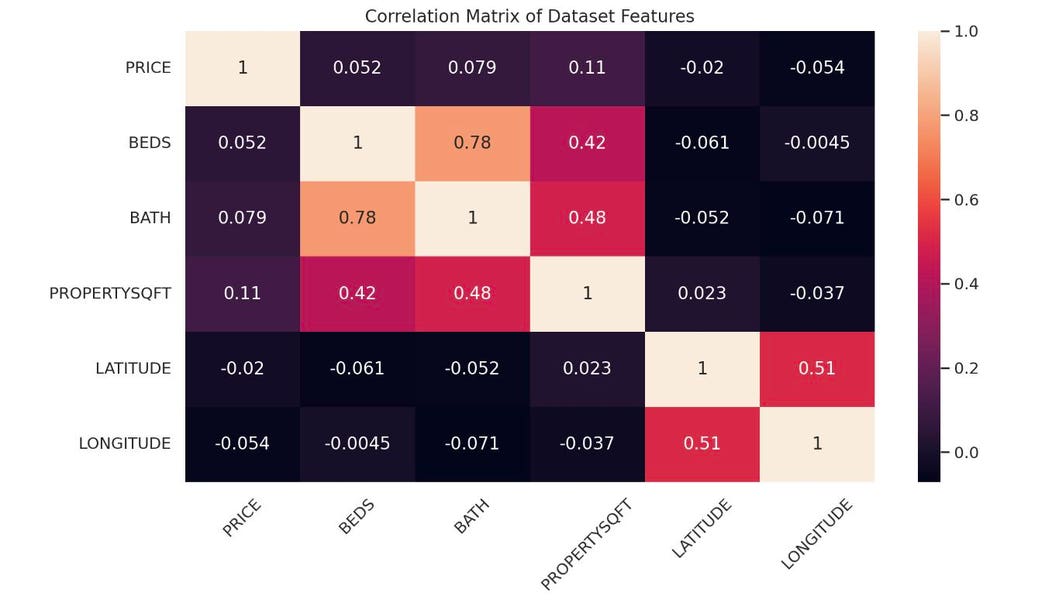Expect the ongoing discussion regarding the impact of AI technology on the future of work, particularly in relation to jobs, to remain a significant subject of debate, with varying degrees of optimism and pessimism in the upcoming months and years.
Businesses are already strategizing for potential increases in productivity and profitability through the integration of generative AI and automated technologies. This strategic shift is evident in recent job reductions at major companies like Google, Spotify, and Amazon, which have explicitly stated the necessity to reallocate resources towards roles and projects centered around AI.
Recent reports from reputable sources such as the International Monetary Fund and the World Economic Forum highlight the substantial influence of AI on the global job market. The World Economic Forum’s “Jobs of Tomorrow” report predicts a significant transformation in 23% of global jobs over the next five years, emphasizing the emergence of new job categories like AI developers, interface designers, data curators, and AI ethics specialists.
The impending changes raise questions about the most affected occupations and the challenges faced by employers in identifying suitable candidates for these evolving roles, considering the time required to establish a workforce with adequate AI education. The responsibility for facilitating this reskilling process is shared among workers, government entities, and companies adapting their job descriptions to align with evolving business needs.
Experts, including New York University professor Robert Seamans, advocate for a collaborative approach where workers acquire new skills, governments implement policies supporting AI-skilled workforces, and companies invest in training their employees. Seamans particularly emphasizes the role of companies in providing training opportunities to enhance the skills of their workforce efficiently.
While the integration of AI technologies is expected to lead to job displacement, studies indicate a gradual transition, allowing room for policy interventions and retraining initiatives to mitigate the impact on employment. Tech investor Esther Dyson encourages a shift in focus towards enhancing human capabilities rather than competing with AI, promoting a more nuanced approach to leveraging technology effectively.
In parallel, initiatives like Canva’s job seeker hub aim to provide insights into the preferences of hiring managers, offering valuable resources and guidance for prospective job applicants. These efforts reflect a broader trend towards adapting to the evolving job landscape influenced by AI advancements.
Additionally, recent developments in AI technology, such as Google’s Lumiere text-to-video model, demonstrate the potential for innovative applications in video synthesis and content creation. Lumiere’s advanced capabilities in generating realistic and coherent motion in videos signify a significant advancement in video synthesis techniques, offering new possibilities for creative expression.
On the regulatory front, the US Federal Trade Commission’s inquiry into the relationships between AI companies and major tech investors underscores growing concerns about market dynamics and fair competition in the AI industry. The investigation aims to assess the impact of strategic partnerships on market dynamics and competition, reflecting a broader effort to ensure transparency and accountability in the AI ecosystem.
In conclusion, the evolving landscape of AI technology presents both opportunities and challenges for the future of work, requiring a collaborative and proactive approach from various stakeholders to navigate the complexities of workforce transformation and technological innovation.






